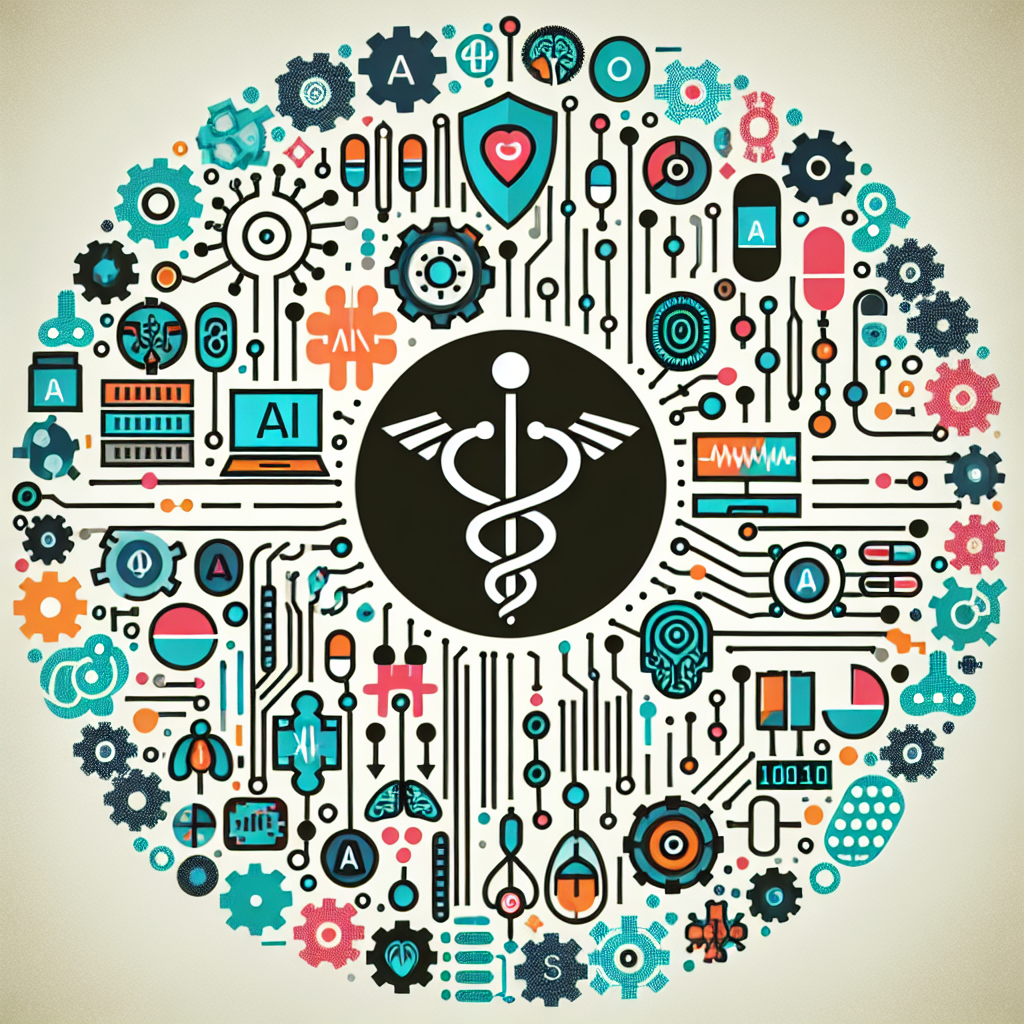The Future of AI Software in Personalized Medicine
Personalized medicine is a rapidly evolving field that aims to tailor medical treatment and care to individual patients based on their unique genetic makeup, lifestyle, and environment. This approach holds great promise for improving patient outcomes and reducing healthcare costs by delivering more precise and effective treatments. Artificial intelligence (AI) software is playing a key role in advancing personalized medicine by analyzing large volumes of data to identify patterns and trends that can inform treatment decisions.
AI software has the potential to revolutionize personalized medicine by enabling healthcare providers to make more informed decisions about patient care. These systems can analyze genetic data, medical records, and other relevant information to identify the most effective treatments for individual patients. By leveraging AI technology, healthcare providers can develop personalized treatment plans that take into account each patient’s unique characteristics and needs.
One of the key benefits of AI software in personalized medicine is its ability to streamline the process of analyzing large amounts of data. Traditional methods of data analysis are time-consuming and labor-intensive, requiring healthcare providers to manually review and interpret complex datasets. AI software can automate this process, enabling healthcare providers to quickly identify patterns and trends that may not be apparent to human analysts.
In addition, AI software can help healthcare providers to identify potential risks and predict outcomes for individual patients. By analyzing data from a wide range of sources, AI systems can identify patterns that may indicate a patient is at risk for a particular condition or complication. This information can help healthcare providers to proactively intervene to prevent adverse outcomes and improve patient outcomes.
AI software can also help healthcare providers to personalize treatment plans for individual patients based on their unique characteristics. By analyzing genetic data, medical records, and other relevant information, AI systems can identify the most effective treatments for each patient. This personalized approach to treatment can help to improve patient outcomes and reduce healthcare costs by minimizing the risk of adverse reactions and unnecessary interventions.
Furthermore, AI software can help healthcare providers to monitor patient progress and adjust treatment plans as needed. By analyzing data from wearable devices and other monitoring tools, AI systems can track patient outcomes in real-time and provide healthcare providers with insights into how patients are responding to treatment. This information can help healthcare providers to make informed decisions about adjusting treatment plans to optimize patient outcomes.
Overall, AI software has the potential to revolutionize personalized medicine by enabling healthcare providers to develop more precise and effective treatment plans for individual patients. By analyzing large volumes of data and identifying patterns and trends, AI systems can help healthcare providers to make more informed decisions about patient care. This personalized approach to medicine has the potential to improve patient outcomes, reduce healthcare costs, and revolutionize the way healthcare is delivered.
FAQs
Q: What is personalized medicine?
A: Personalized medicine is an approach to medical treatment that aims to tailor care to individual patients based on their unique characteristics, such as genetic makeup, lifestyle, and environment. This approach holds great promise for improving patient outcomes and reducing healthcare costs by delivering more precise and effective treatments.
Q: How does AI software contribute to personalized medicine?
A: AI software plays a key role in advancing personalized medicine by analyzing large volumes of data to identify patterns and trends that can inform treatment decisions. By leveraging AI technology, healthcare providers can develop personalized treatment plans that take into account each patient’s unique characteristics and needs.
Q: What are the benefits of AI software in personalized medicine?
A: AI software can streamline the process of analyzing large amounts of data, help healthcare providers to identify potential risks and predict outcomes for individual patients, personalize treatment plans based on unique characteristics, and monitor patient progress in real-time. These benefits can help to improve patient outcomes and reduce healthcare costs.
Q: How can AI software help healthcare providers to make more informed decisions about patient care?
A: AI software can analyze genetic data, medical records, and other relevant information to identify the most effective treatments for individual patients. By identifying patterns and trends that may not be apparent to human analysts, AI systems can help healthcare providers to make more informed decisions about patient care.
Q: What is the future of AI software in personalized medicine?
A: The future of AI software in personalized medicine is bright, with the potential to revolutionize the way healthcare is delivered. By enabling healthcare providers to develop more precise and effective treatment plans for individual patients, AI software has the potential to improve patient outcomes, reduce healthcare costs, and transform the field of personalized medicine.

